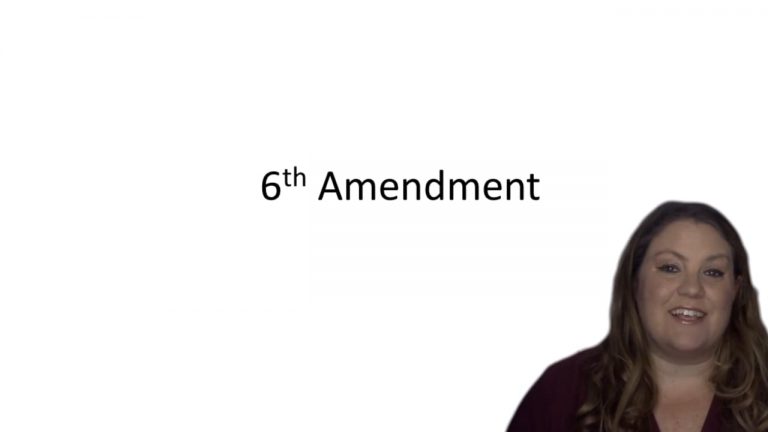SmartBrief
Confirm favorite deletion?
Criminal Procedure keyed to Kamisar
Wheat v. United States
Citation:
486 U.S. 153, 108 S.Ct. 1692, 100 L.Ed.2d 140 (1988)Facts
Wheat (Petitioner) was charged with participating in a drug conspiracy along with numerous codefendants. Two codefendants were represented by Iredale. Two days before his trial, Wheat moved for substitution of Iredale as his counsel. The government argued Iredale’s representation of the other two codefendants created a conflict of interest. Wheat argued that he had a right to have counsel of his own choosing, and he and both codefendants waived the conflict. The district court denied Wheat’s request to substitute Iredale as his attorney. Wheat was convicted of various drug offenses.
Only StudyBuddy Pro offers the complete Case Brief Anatomy*
Access the most important case brief elements for optimal case understanding.
*Case Brief Anatomy includes: Brief Prologue, Complete Case Brief, Brief Epilogue
- The Brief Prologue provides necessary case brief introductory information and includes:
Topic:
Identifies the topic of law and where this case fits within your course outline.Parties:
Identifies the cast of characters involved in the case.Procedural Posture & History:
Shares the case history with how lower courts have ruled on the matter.Case Key Terms, Acts, Doctrines, etc.:
A case specific Legal Term Dictionary.Case Doctrines, Acts, Statutes, Amendments and Treatises:
Identifies and Defines Legal Authority used in this case.
- The Case Brief is the complete case summarized and authored in the traditional Law School I.R.A.C. format. The Pro case brief includes:
Brief Facts:
A Synopsis of the Facts of the case.Rule of Law:
Identifies the Legal Principle the Court used in deciding the case.Facts:
What are the factual circumstances that gave rise to the civil or criminal case? What is the relationship of the Parties that are involved in the case.Issue(s):
Lists the Questions of Law that are raised by the Facts of the case.Holding:
Shares the Court's answer to the legal questions raised in the issue.Concurring / Dissenting Opinions:
Includes valuable concurring or dissenting opinions and their key points.Reasoning and Analysis:
Identifies the chain of argument(s) which led the judges to rule as they did.
- The Brief Prologue closes the case brief with important forward-looking discussion and includes:
Policy:
Identifies the Policy if any that has been established by the case.Court Direction:
Shares where the Court went from here for this case.
Topic Resources
Topic Outline
Topic Refresher Course
Topic Charts & Notes

 4m 2s
4m 2s